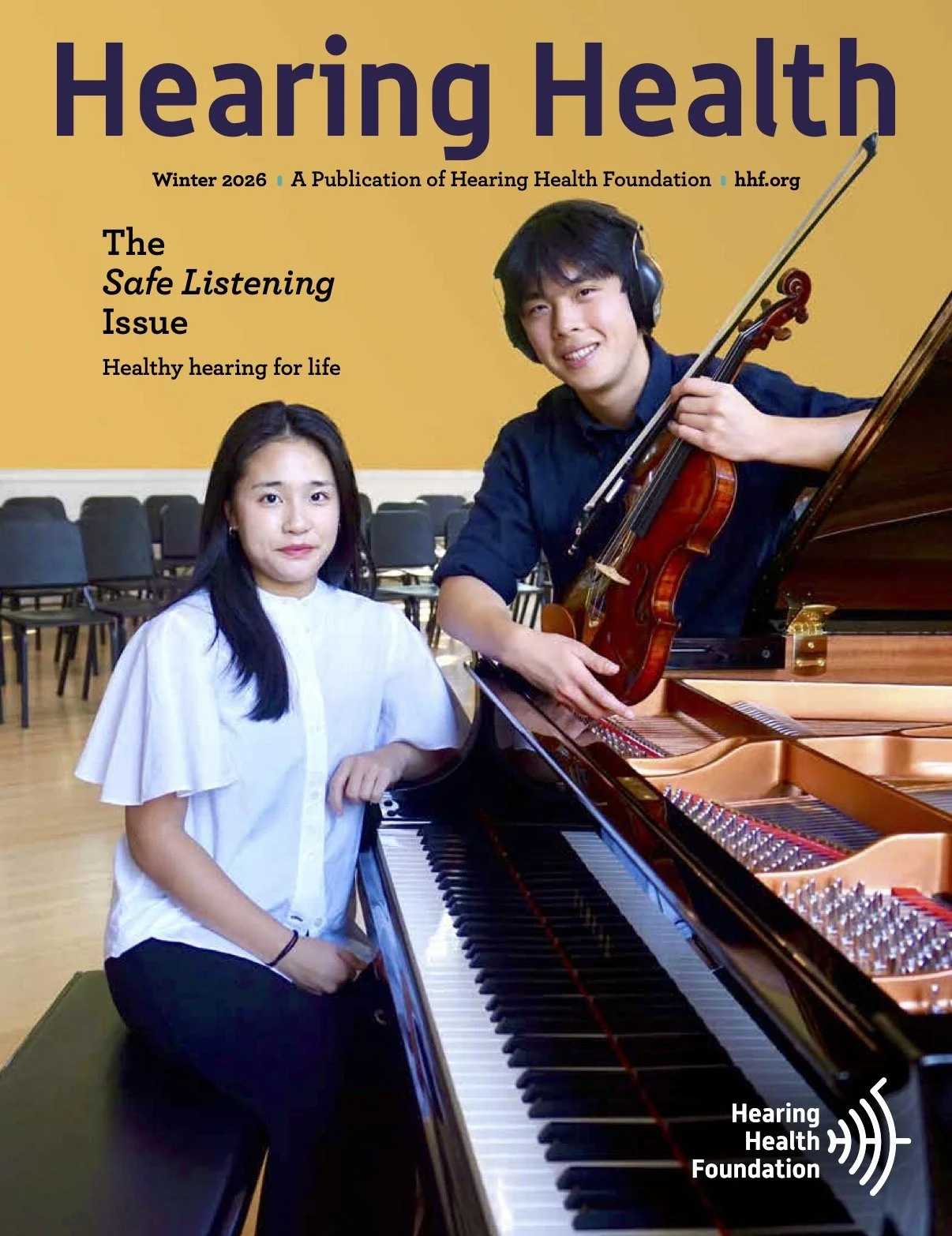Is There a Link Between Tinnitus and COVID?
Tinnitus (ringing in the ears) is being reported by those who have or have had COVID-19, as has hearing loss and balance issues. While it’s still too early to show a definitive link, recent research in Nature Communications Medicine in October 2021 (and summarized by the National Institutes of Health) and has shown that the sensory hair cells in the inner ear that are important for hearing and balance can be infected by the virus that causes COVID-19. Also, the inflammation caused by some other viruses is known to lead to temporary tinnitus and/or hearing loss, and tinnitus can be exacerbated by stress and anxiety.
There are also studies investigating any link between tinnitus and COVID vaccines. In an April 2023 report on NBC News, researchers theorize that tinnitus in these cases may occur as a result of ongoing inflammation, especially in the brain and spinal cord; a preexisting risk factor for tinnitus that gets triggered by the vaccine; and/or the virus’s spike protein itself circulating in the body. The spike protein appearing in the heart may contribute to myocarditis.
Get Updates in Your Inbox
A 2022 review in the Annals of Medicine & Surgery concludes, “Despite the incidence of adverse events, the benefits of the SARS-CoV-2 vaccine in reducing hospitalization and deaths continue to outweigh the rare ramifications.” (HHF recommends following CDC guidelines for getting vaccinations of any kind.)
The good news is that there are ways to manage tinnitus. A mix of counseling and sound therapy can provide relief. Please note the details below are for informational purposes only. Ask your doctor for medical advice specific to your case, and subscribe to our digital newsletter to stay up to date on the latest advancements in science toward a cure for hearing loss, tinnitus, and related conditions.
Research to Cope With and Eventually Cure Tinnitus
What Causes Tinnitus?
Most patients develop tinnitus as a symptom of hearing loss, caused either by age, long-term hearing damage, or trauma to the auditory system. Roughly 90 percent of tinnitus cases occur with an underlying hearing loss.
Tinnitus is more common in men, seniors, blue-collar workers, military personnel, and people with common health problems, such as arthritis, hypertension, varicose veins, and arteriosclerosis.
Another important risk factor for tinnitus is excessive noise exposure. It is generally true that the louder the noise and the longer the exposure, the greater the hearing loss.
How Can I Manage Tinnitus?
Tinnitus Activities Treatment (TAT): This treatment method looks at the whole person and considers individual differences and needs. For example, your doctor will look at your sleep patterns and underlying hearing loss issues. Patients learn ways to improve their concentration, sometimes using background sounds, and change their reactions to their tinnitus.
Cognitive behavioral therapy (CBT): This method of counseling focuses on restructuring negative reactions and regaining control over the condition. In addition to relaxation techniques, it teaches that while you can’t change the tinnitus, you can change your attitude toward it and in this way better manage it.
Tinnitus Retraining Therapy (TRT): This therapy aims to make patients no longer aware of your tinnitus except when you focus on it, and even when you do notice the tinnitus, it does not bother you.
How Hearing Health Foundation Is Helping
This scientific work is made possible by Hearing Health Foundation, the largest nonprofit funder of hearing loss research in the U.S. Our Hearing Restoration Project is a collaborative scientific consortium that investigates the regeneration of hair cells as a cure for hearing loss and tinnitus.













Because noise-canceling earbuds are so comfortable and block everything out, people wear them for three, four, five hours straight without realizing the cumulative effect on their ears.